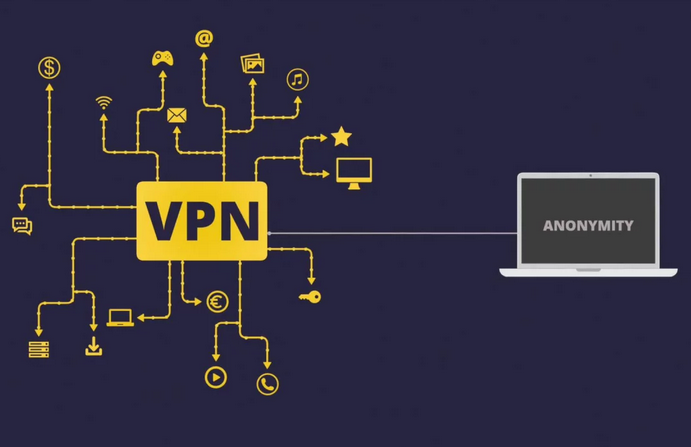Choosing the right VPN

A VPN (Virtual Private Network) gives you privacy and anonymity while surfing the web by encrypting your data and routing your web requests through a server anywhere around the globe. This helps by hiding your data packets and your IP address from your internet service provider, organization, and anyone else you share your network with. VPNs are especially useful when you’re using insecure public WiFi on the go. Think about all the times you’ve used a public network to pay bills or check your email.
VPNs are necessary for anyone concerned about their online privacy, but very few people take their security seriously and use them. The most popular excuse people have for not using a VPN is the cost associated with it, but that’s a small price to pay compared to how valuable your information is on the black market. While using a VPN, even search engines can’t track your searches back to you, since they will be associated with an IP address that’s not yours. This will help protect you from annoying targeted advertisements.
VPNs work by creating an encrypted data tunnel between your network and a server anywhere around the globe, making it seem like you’re in another place. Not only does this guarantee your privacy, but it can also help you access certain services that are only available in particular regions. A VPN protects your devices from prying eyes, especially on a public network, by hiding your data from cybercriminals on the same network.
While choosing a VPN among the plethora of options available, it is necessary to ensure that your VPN has an active no-log policy, which means they can’t track your internet activity. If they can, then it beats the whole purpose.
Most free VPNs log your browsing history, and they probably sell your data to third parties. Free VPNs also have annoying pop-up ads and a limited number of servers, leading to overcrowding and slower internet speeds. To avoid falling into this trap, use a paid VPN. They don’t cost much, and it’s a small price to pay for your privacy. Some paid VPNs have free versions as well, with a limit on how much data you can use.
If you’re not paying for the product, you are the product.
Ensure that the VPN of your choice uses a secure encryption protocol like OpenVPN, which also happens to be open source. Also, find out where their servers are located, in case you want to access content available only at particular locations. Make sure you go through any other restrictions they may have, like data limits and the number of devices you can use it on, to avoid hassles in the future. It is also a good idea to go for a VPN with a kill switch. In case your VPN connection is interrupted, a kill switch can help by severing your connection to the internet so that your device doesn’t automatically connect to insecure networks.
Since there are many factors to consider, make sure you do your homework while choosing your VPN and see what fits you best. Do not worry about the cost; rest assured that a good VPN will provide more privacy and security than any WiFi network can.
Enjoy Reading This Article?
Here are some more articles you might like to read next: